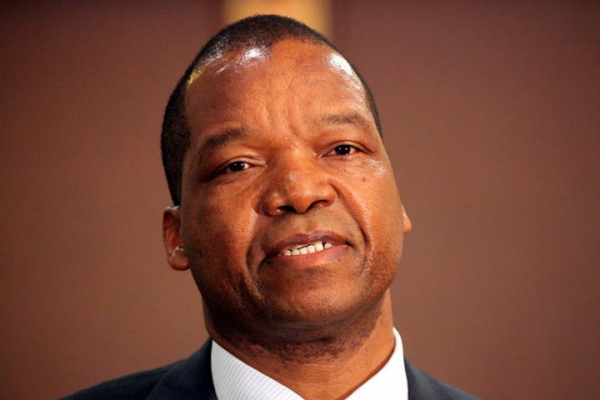Source: RBZ sweats over depreciating Zimdollar – NewsDay Zimbabwe
The Reserve Bank of Zimbabwe (RBZ) measures to stem parallel market activities are proving to be futile as the Zimbabwe dollar continues to plunge on the forex parallel market.
BY FIDELITY MHLANGA
Even after the central bank clampdown on mobile money agents and ZIMSWITCH Instant Payment Interchange Technology (Zipit) transactions to curb parallel market activities, the local unit in the past few days plummeted to US$1:$90 on the parallel market.
RBZ is at pains to show that activities on the parallel market are not necessitated by money supply growth.
In a Monday update, RBZ said reserve money was $13,39 billion as at June 4 2020, a decline of $437,66 million, from $13,82 billion recorded in the week ending May 29 2020.
“The decrease in reserve money over the week was reflected in declines of $435,60 million and $65,78 million in RTGS balances and other deposits, respectively,” said the RBZ.
“Partially offsetting these declines were increases of $42,25 million and $21,46 million in required reserves and currency in circulation, respectively.”
Reserve money also known as high-powered money, base money and central bank money, represents the base level for money supply or it is the high-powered component of money supply.
The central bank absolves itself from money creation, blaming the plunging of the Zimbabwe dollar on lack of market confidence.
“Depreciation in the exchange rate, observed over the past few weeks, was largely a result of behavioural and other non-monetary factors such as negative perceptions, adverse expectations, speculative tendencies of economic agents and tracking of the Old Mutual Implied exchange rate (OMIR), which was quoted at around ZW$140/USD over that period,” RBZ said.
The central bank expressed concern over how the Zimbabwe dollar continued to lose value.
“The depreciation was divorced from economic fundamentals, as it occurred immediately after the opening of the tobacco selling season, which is traditionally associated with stability and appreciation of the local currency. In addition, the introduction of the ZW$10 and ZW$20 notes did not represent an increase in money supply but a substitution effect — from electronic dollars to physical notes,” the RBZ said.
Economist Victor Bhoroma pointed out that while the central bank expected that decline in reserve money would stabilise the exchange rate, the reality is it will continue to spiral out of control.
“Ordinarily, this means that the amount of usable balances available in the economy to buy goods and services declined. This would imply exchange rate stability, reduced pressure on foreign currency and reduced inflationary pressures. However, what we see is a massive depreciation of the local currency due to trust and confidence issues in government and RBZ as an institution.
“Contrary to what the central bank expects as a result of reduced M1 growth, rates will continue on an upward trajectory,”

COMMENTS
Get the uncorrupted white man, preferably Rhodesian, back running the show. Then you will fly !!!